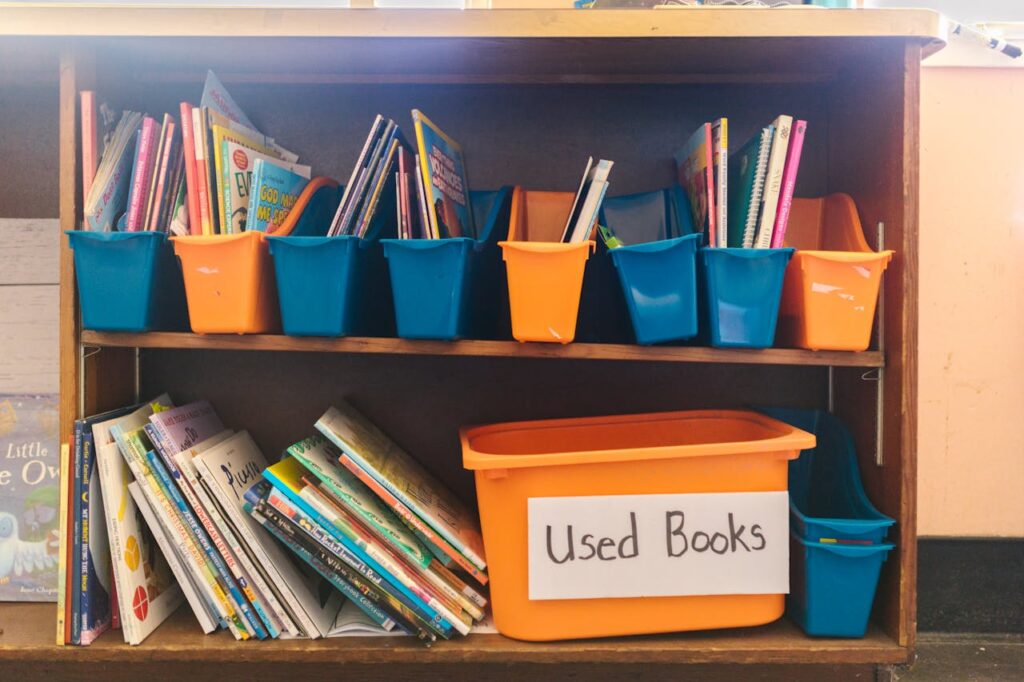Mission Launched By Astroscale To Remove Space Debris
Astroscale is the first private company with a vision to secure the safe and sustainable development of space for the benefit of future generations. Founded in 2013, Astroscale is developing innovative and scalable solutions, including end-of-life services and active debris removal, to create ‘sustainable space systems and mitigate the growing and hazardous build-up of debris in space’. The rise of large commercial satellite constellations in low Earth orbit (LEO) will provide numerous services that improve the quality of life on Earth. They will also lead to an increase in the number of objects in key orbits, meaning a likely rise in orbiting debris. This threatens the very services space systems provide, according to Astroscale. The European Space Agency estimates the 3,600 working satellites share their orbits with 9,200 tonnes of space debris, or an estimated 28,200 debris objects tracked by the Space Surveillance Network. With over 10,000 satellites scheduled to launch in LEO over the next 10 years, we need ‘pro-active strategies’ for post-mission debris disposal to maintain the safe use of LEO orbits for the benefit of humankind, says Astroscale. ELSA-d (demonstration), which launched at the end of March, is the first mission to demonstrate the core technologies necessary for debris docking and removal.
How Does This Mission Work?
ELSA-d consists of two spacecraft: a servicer satellite (~175kg) and a client satellite (~17kg), launched stacked together. The servicer satellite has been developed to safely remove debris objects from orbit, equipped with proximity rendezvous technologies and a magnetic docking mechanism. The client satellite is a piece of replica debris fitted with a ferromagnetic plate that enables the docking. The servicer will repeatedly release and dock with the client in a series of technical demonstrations, proving the capability to find and dock with defunct satellites and other debris. Demonstrations include client search, client inspection, client rendezvous, and both non-tumbling and tumbling docking. ELSA-d will be operated by Astroscale’s Mission Operations and Ground Segment teams from the In-orbit Servicing Control Centre – National Facility at Satellite Applications Catapult, Harwell Campus, UK.
Importance of ELSA-d
Following additional preparatory steps in orbit, ELSA-d will enter the next phase of this pioneering mission to demonstrate the technologies and capabilities necessary for debris capture and removal. Astroscale is also defining business cases and working with government and commercial stakeholders to develop norms, regulations, and incentives for the responsible use of space.
Words From The Project Team
“I am pleased to confirm that Astroscale’s Mission Operations team at the In-Orbit Servicing Centre in Harwell, UK, has successfully made contact with our ELSA-d spacecraft and established that all initial system checks are satisfactory,” said Seita Iizuka, ELSA-d Project Manager. “I congratulate our team and look forward to moving into the first phase of our technical demonstrations.”
Headquartered in Japan, Astroscale has an international presence with subsidiaries in the United Kingdom, the United States, Israel, and Singapore. Astroscale is a rapidly expanding venture company, working to advance safe and sustainable growth in space and solve a growing environmental concern.
“While leading the way in proving our debris removal capabilities, ELSA-d will also propel regulatory developments and advance the business case for end-of-life and active debris removal services,” said Nobu Okada, Astroscale Founder and CEO. “This successful launch brings us closer to realizing our vision of securing the safe and sustainable development of space for the benefit of future generations.”








